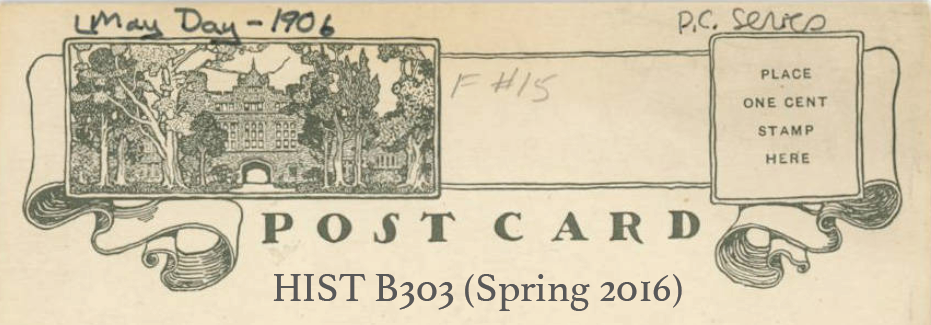While watching Dean Spade’s talk at Barnard I was constantly reminded of Silencing the Past and the readings we did the week we visited the William Way Archives and the Library Company. I think that he underscored the importance of institutional memory and in archiving activist movements in a similar way to how we have been discussing these issues in class. I think that this is where public history is especially important because without it how are we to remember and learn from past movements?
I think that Ebony and Ivy in many ways (thus far in my reading) is doing what Silencing the Past did with the Haitian Slave Revolution for higher education and slavery/colonialism. This is also similar to what Dean Spade did by discussing the history of the indigenous peoples native to the actual land that Barnard sits on which challenges the traditional way of telling the stories of higher education in the U.S. Namely, Wilder is reexamining the role of colonialism and slavery to the formation of and continuation of institutions of higher education in the United States. Like the Haitian Slave Revolution, I think that this history has also been silenced. In many ways I think that how colleges and universities have defined themselves and their histories is reminiscent of how Trouillot discusses the silencing of the Haitian Revolution,”the silencing of the Haitian Revolution also fit the relegation to a historical back burner of the three themes to which it was linked: racism, slavery, and colonialism. In spite of their importance in the formation of what we now call the West…none of these themes has ever become a central concern of the historiographical tradition in a Western country” (Trouillot 98). These same three themes have also been put on the back burner where race and higher education are concerned. I look forward to seeing how Wilder handles these topics considering the tradition of silence around them.
